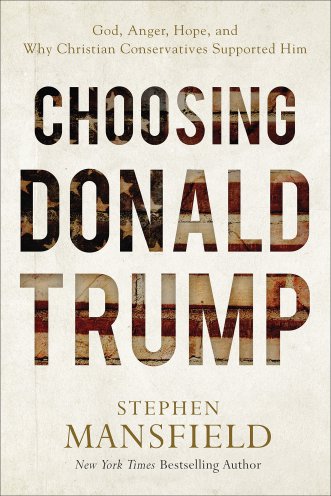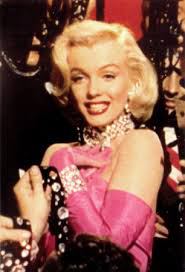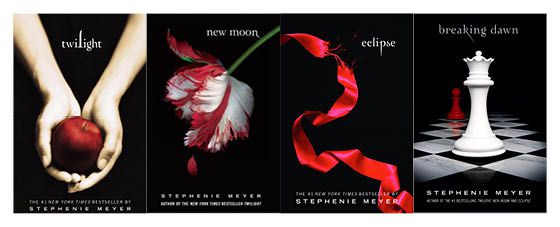 Although I am a white male who considers himself to be an evangelical, I did not count myself among the 81% of white evangelicals in America who voted for Donald Trump. In the months leading up to the election and the months immediately following it, I have read and heard the vitriolic remarks and comments of my brothers and sisters who also found themselves at odds with this 81% of the evangelical world.
Although I am a white male who considers himself to be an evangelical, I did not count myself among the 81% of white evangelicals in America who voted for Donald Trump. In the months leading up to the election and the months immediately following it, I have read and heard the vitriolic remarks and comments of my brothers and sisters who also found themselves at odds with this 81% of the evangelical world.
Although I did not cast my vote for Donald Trump, I was sympathetic towards those who felt trapped, stuck even, at the choices that they were given in the 2016 election. So often, I heard people express the old adage to “pick your poison” as they were not thrilled or even moderately content with any of the choices that had been laid out for them in the voting booth for this election.
When I was given the opportunity to read and review Stephen Mansfield’s latest book, “Choosing Donald Trump,” I was reluctant. The last thing that I wanted to read was an apologetic as to why Donald Trump was the right man for the job, or even worse, “God’s man” for the job.
But that was not the intent of Mansfield in writing this book. In fact, he writes with intent to come up with answers for himself, to have a better understanding of why such a large portion of evangelicals cast their vote for Donald Trump. In the introduction of the book, he says that the book is not a biography or an electoral history. He writes, “It is instead about the faith that has shaped Donald Trump, about the religious factors that played a role in his election, about what religious conservatives have risked in supporting Donald Trump, and about what religion may mean in a Trump administration.” He goes on to say that the Trump presidency may be “among the most religiously decisive in American history.”
Although Mansfield claims this book isn’t a biography, he gives enough of a picture into Donald Trump’s background that the early part of the book feels like it is. As I read about his upbringing, his family history, and all that he went through, I found myself having compassion for this loud-mouthed, unorthodox president. Over and over again, I found myself nodding my head, not in agreement but in understanding, as the puzzle pieces began to take shape to show the picture of the man that Donald Trump is today.
Mansfield walks through the connections that Donald Trump had with pastors such as Norman Vincent Peale and Paula White. He spoke to the fears and frustration that existed within so many conservative evangelicals in the United States and their discontent with the direction of the country over the eight years of the Obama administration. As he described the background of Donald Trump, the two defining terms that he used for him, coming straight from Fred Trump, Donald Trump’s father, were “king” and “killer.” Everything that Donald Trump stepped into was stepped into with one intent: to win.
It was that ruthless, cutthroat passion for winning that drew so many to Donald Trump, especially considering that they had been losing for so many years before the election of 2016. Even though the morality and ethics of Donald Trump were questionable, even standing in opposition to their own, “The would support even a man life Donald Trump if it meant reclaiming their country.”
Mansfield also spends a chapter each on two of Trump’s adversaries, Obama and Clinton. Here again, he uses the country’s experience of both of these to explain why so many who voted for Trump were led there. In matters of faith, Obama was inconsistent and Clinton was unclear. Mansfield gives examples of both and shows why so many felt that another 4 or 8 years in the hands of a liberal president would just be more of the same from the perspective of religious rights and freedom.
Mansfield does not promote the stance to support Trump out of fear and worry, he simply unearths it through his interviews and research. His own views may be expressed better in his chapters on the art of prophetic distance, of which there are two. Through the experiences of Billy Graham and some of his early mistakes with politicians as well as the apprehensive stance of pastors like Paul Marc Goulet of the International Church of Las Vegas, Mansfield explains the need for clergy to maintain a prophetic distance between themselves and every politician. While many have seen Trump as another example of the biblical King Cyrus, an immoral man used by God, aligning one’s self with someone of the like is not a favorable approach.
Mansfield ends his book with an appendix called “Donald Trump In His Own Words.” Within this appendix are the transcripts of two speeches that Trump gave, one at the National Prayer Breakfast shortly after taking office and one at Great Faith Ministries Church in Detroit, Michigan two months before the election. Mansfield’s aim in providing the reader with the entire transcript of these speeches is for the reader to read for himself the words that Trump spoke. Too often, we hear only soundbites on the news, these transcripts give the reader the opportunity to read the entirety of Trump’s words.
“Choosing Donald Trump” may not appeal to everyone. There are some who have already made up their minds about Donald Trump and had their minds made up even before he took office. There are others who may still be struggling to understand just how so many white evangelicals with high moral and ethical standards could choose a man like Donald Trump. Regardless of where you are coming from, “Choosing Donald Trump” is a worthwhile read if you are seeking to understand a little bit more about the man, Donald Trump, and a little bit more as to why so many felt he was the best candidate to take the Oval Office.
(This review is based upon a copy of this book which was provided free of charge from Baker Books. These opinions are my own; I was not required to write a positive review, nor was I compensated for this review.)
Advertisements Share this:




